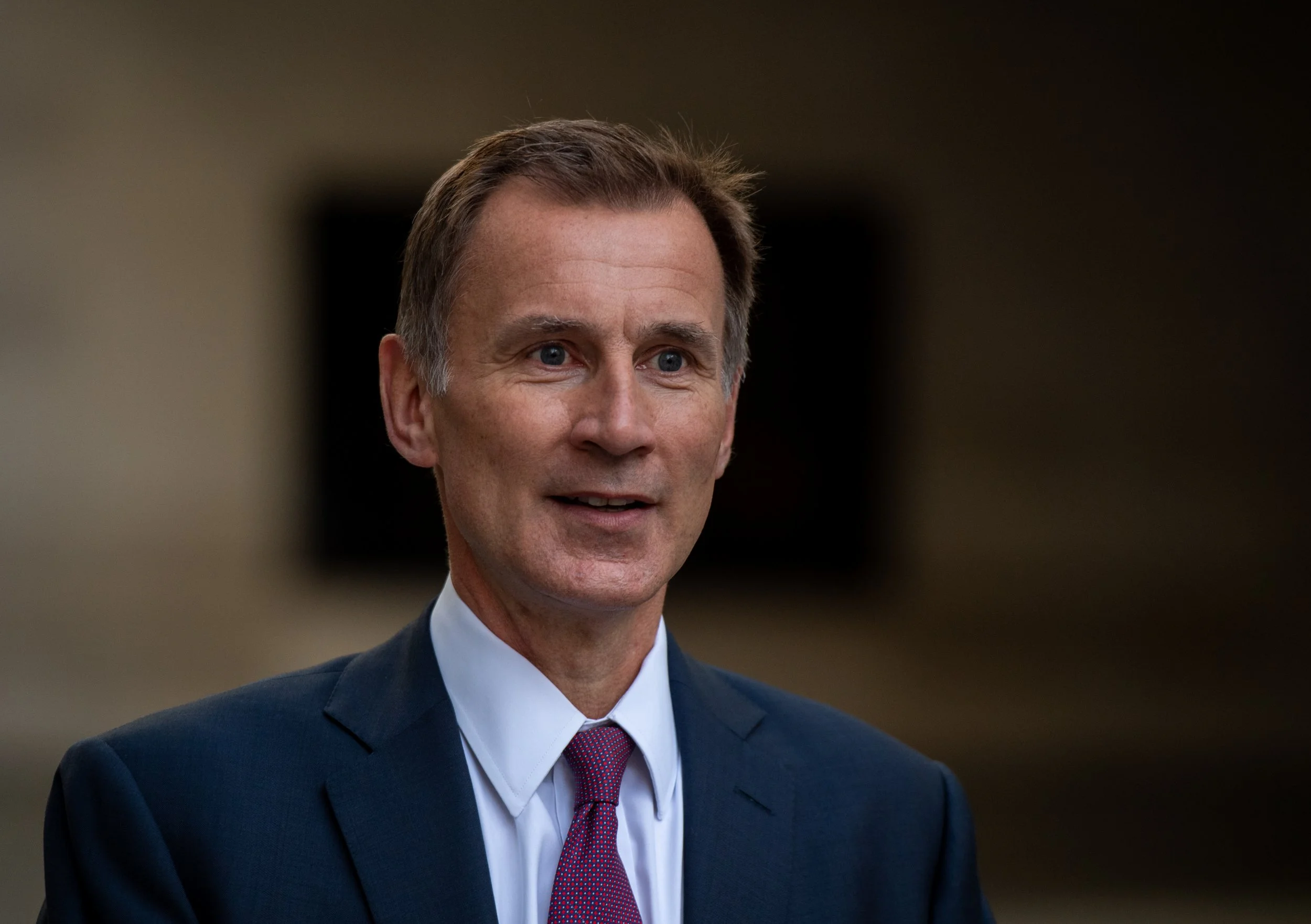The Chancellor’s Budget has been criticised by some industry figures for its lack of measures targeting the housing market.
Addressing MPs in the House of Commons, Jeremy Hunt announced several new policies aimed at getting more people into work across the UK, led by key reforms around pensions and childcare.
However, a lack of attention to address the the nation’s homeownership crisis has been labelled a “missed opportunity” by the chief executive officer of Leeds Building Society, Richard Fearon.
While the society’s CEO welcomed the Budget as “an effort to return sound economics to the heart of government”, he also expressed disappointment that there were no commitments towards increasing housing supply.
“It is a missed opportunity to grow the economy by addressing the UK’s homeownership crisis caused by a lack of housing and show support for savers,” Fearon said.
“While it is particularly positive to see support for families with young children struggling with the cost of childcare, we know that owning your own home also brings huge economic, education and health benefits.
“With the affordability of homeownership now at its worst point for 150 years it is clear that support for first-time buyers must be a key battleground at the next General Election.”
Responding to the Treasury’s latest wave of fiscal policies, chief revenue officer at Phoebus Software, Adam Oldfield, also highlighted the lack of action on stamp duty in Hunt’s Budget.
“We were told not to expect a Budget with sweeping changes and unfortunately, as far as the housing market is concerned, that’s exactly what we got,” Oldfield said.
“There were measures to alleviate the rising cost of living and get more people back into work, which may give a boost to confidence. However, it is clear that the growth the government is expecting to see from the measures announced in the budget is not expected to come from the housing market, despite growth being a priority.
“Once again, despite many calls for change, the Chancellor has skipped over Stamp Duty Land Tax. The antiquated tax is a costly barrier but unfortunately, at over £14bn last year, it contributes far too much to the Treasury’s purse.”
Latest News
-
Residential property transactions fall 24% month-on-month
-
Later life lending loans jump 5.1% in Q4 2025
-
Mortgage Awards 2026: Winners announced
-
FCA outlines proposals to close gaps in borrowers’ credit files
-
St. James’s Place closes 2025 with record FuM
-
Average LTV on UK mortgaged home drops to 59% – IMLA
Mortgage Advice Bureau and AI in the mortgage sector
Chief executive officer at Mortgage Advice Bureau, Peter Brodnicki, and founder and managing director at Heron Financial, Matt Coulson, joined content editor Dan McGrath to discuss how Mortgage Advice Bureau is using artificial intelligence to make advancements in the mortgage industry, the limitations of this technology and what 2026 will hold for the market
Perenna and the long-term fixed mortgage market

Content editor, Dan McGrath, spoke to head of product, proposition and distribution at Perenna, John Davison, to explore the long-term fixed mortgage market, the role that Perenna plays in this sector and the impact of the recent Autumn Budget
NEW BUILD IN FOCUS - NEW EPISODE OF THE MORTGAGE INSIDER PODCAST, OUT NOW

Figures from the National House-Building Council saw Q1 2025 register a 36% increase in new homes built across the UK compared with the same period last year, representing a striking development for the first-time buyer market. But with the higher cost of building, ongoing planning challenges and new and changing regulations, how sustainable is this growth? And what does it mean for brokers?
Does the North-South divide still exist in the UK housing market?

What do the most expensive parts of the country reveal about shifting demand? And why is the Manchester housing market now outperforming many southern counterparts?
In this episode of the Barclays Mortgage Insider Podcast, host Phil Spencer is joined by Lucian Cook, Head of Research at Savills, and Ross Jones, founder of Home Financial and Evolve Commercial Finance, to explore how regional trends are redefining the UK housing, mortgage and buy-to-let markets.
In this episode of the Barclays Mortgage Insider Podcast, host Phil Spencer is joined by Lucian Cook, Head of Research at Savills, and Ross Jones, founder of Home Financial and Evolve Commercial Finance, to explore how regional trends are redefining the UK housing, mortgage and buy-to-let markets.
© 2019 Perspective Publishing Privacy & Cookies











Recent Stories